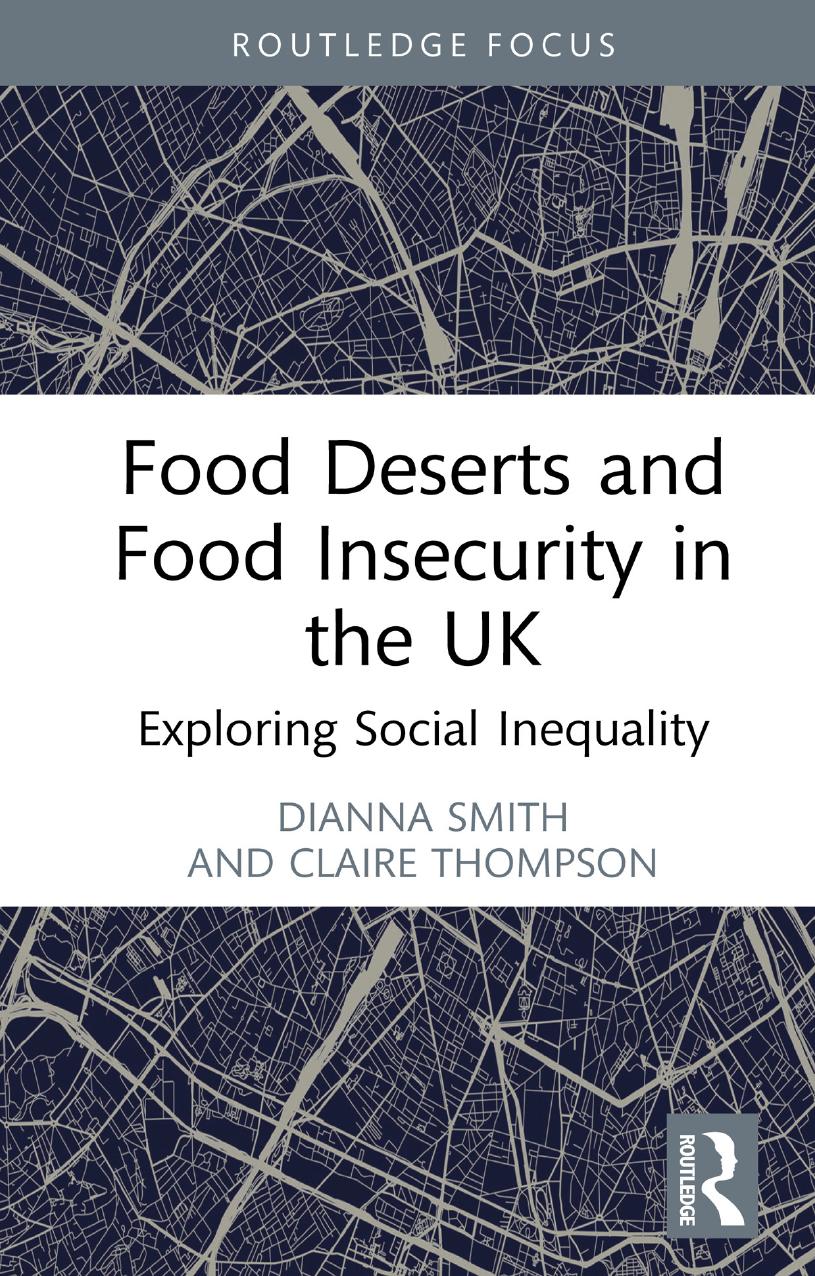

Most ebook files are in PDF format, so you can easily read them using various software such as Foxit Reader or directly on the Google Chrome browser.
Some ebook files are released by publishers in other formats such as .awz, .mobi, .epub, .fb2, etc. You may need to install specific software to read these formats on mobile/PC, such as Calibre.
Please read the tutorial at this link: https://ebookbell.com/faq
We offer FREE conversion to the popular formats you request; however, this may take some time. Therefore, right after payment, please email us, and we will try to provide the service as quickly as possible.
For some exceptional file formats or broken links (if any), please refrain from opening any disputes. Instead, email us first, and we will try to assist within a maximum of 6 hours.
EbookBell Team

0.0
0 reviewsThis book examines the social inequalities relating to food insecurity in the UK, as well as drawing parallels with the US.
Access to food in the UK, and especially access to healthy food, is a constant source of worry for many in this wealthy country. Crises, such as the COVID-19 pandemic, have coincided with a steep rise in the cost of living, meaning household food insecurity has become a reality for many more households. This book introduces a new framework to examine the many influences on local-level food inequalities, whether they result from individual circumstances or where a person lives. The framework will allow researchers new to the field to consider the many influences on food security, and to support emerging research around different sub-topics of food access and food security. Providing a thorough background to two key concepts, food deserts and food insecurity, the book documents the transition from area-based framing of food resources, to approaches which focus on household food poverty and the rise of food banks. The book invites researchers to acknowledge and explore the ever changing range of place-based factors that shape experiences of food insecurity: from transport and employment to rural isolation and local politics. By proposing a new framework for food insecurity research and by drawing on real-world examples, this book will support academic and applied researchers as they work to understand and mitigate the impacts of food insecurity in local communities.
This book will be of great interest to students and scholars of food and nutrition security, public health, and sociology. It will also appeal to food policy professionals and policymakers who are working to address social inequalities and improve access to healthy and nutritious food for all.